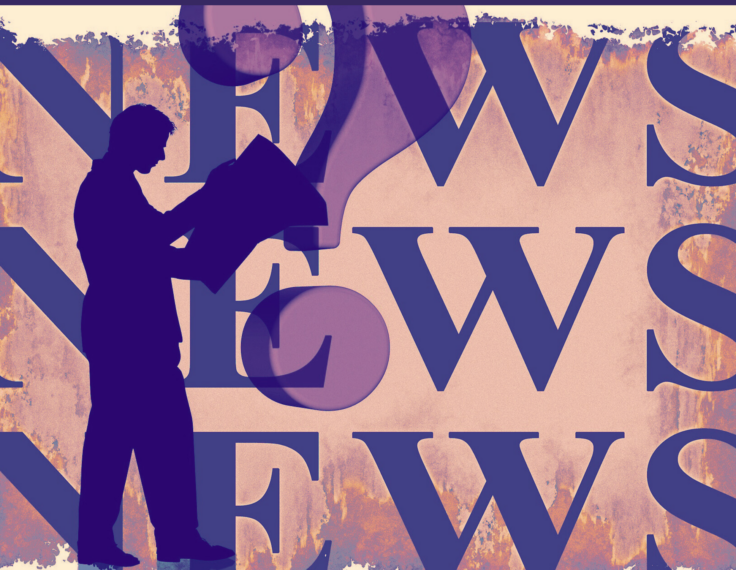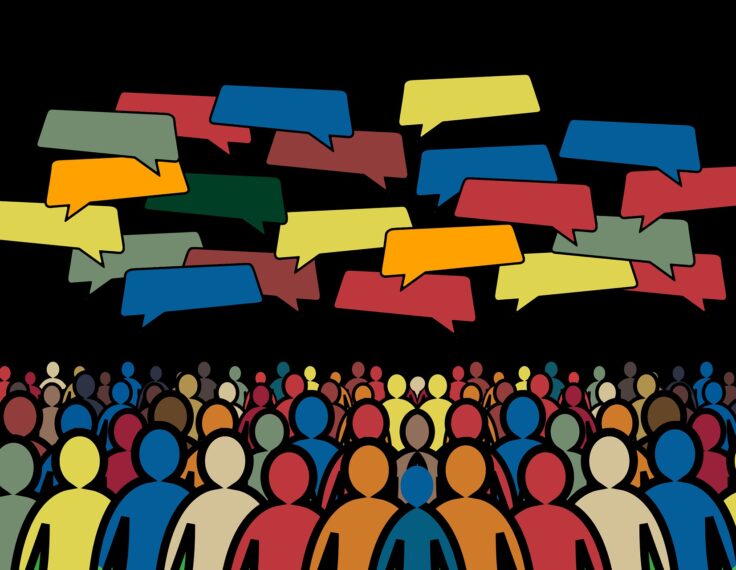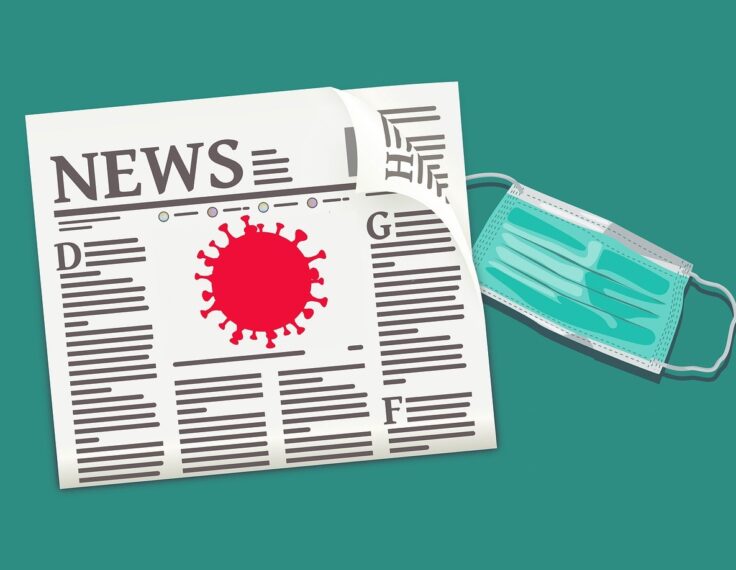Explore All Articles
All Articles
Article Topic

Disagreement as a way to study misinformation and its effects
Damian Hodel and Jevin D. West
Experts consider misinformation a significant societal concern due to its associated problems like political polarization, erosion of trust, and public health challenges. However, these broad effects can occur independently of misinformation, illustrating a misalignment with the narrow focus of the prevailing misinformation concept.

The consequences of misinformation concern on media consumption
Elizabeth A. Harris, Stephanie L. DeMora and Dolores Albarracín
For the last decade, policymakers, journalists, and scientists have continued to alert us of the threat of misinformation for making sound decisions in the political, health, and environmental domains. In this study, we evaluate whether perceiving misinformation as a threat affects media use, particularly considering selection of media sources that are politically aligned.

How do social media users and journalists express concerns about social media misinformation? A computational analysis
Jianing Li and Michael W. Wagner
This article describes partisan-based, accuracy-based, and action-based discussions through which U.S. social media users and journalists express concerns about social media misinformation. While platform policy stands out as the most highly discussed topic by both social media users and journalists, much of it is cast through a party politics lens.

Misinformation perceived as a bigger informational threat than negativity: A cross-country survey on challenges of the news environment
Toni G. L. A. van der Meer and Michael Hameleers
This study integrates research on negativity bias and misinformation, as a comparison of how systematic (negativity) and incidental (misinformation) challenges to the news are perceived differently by audiences. Through a cross-country survey, we found that both challenges are perceived as highly salient and disruptive.

Brazilian Capitol attack: The interaction between Bolsonaro’s supporters’ content, WhatsApp, Twitter, and news media
Joao V. S. Ozawa, Josephine Lukito, Felipe Bailez and Luis G. P. Fakhouri
Bolsonaro’s supporters used social media to spread content during key events related to the Brasília attack. An unprecedented analysis of more than 15,000 public WhatsApp groups showed that these political actors tried to manufacture consensus in preparation for and after the attack. A cross-platform time series analysis showed that the spread of content on Twitter predicted the spread of content on WhatsApp.

Correcting campaign misinformation: Experimental evidence from a two-wave panel study
Laszlo Horvath, Daniel Stevens, Susan Banducci, Raluca Popp and Travis Coan
In this study, we used a two-wave panel and a real-world intervention during the 2017 UK general election to investigate whether fact-checking can reduce beliefs in an incorrect campaign claim, source effects, the duration of source effects, and how predispositions including political orientations and prior exposure condition them.

Increasing accuracy motivations using moral reframing does not reduce Republicans’ belief in false news
Michael Stagnaro, Sophia Pink, David G. Rand and Robb Willer
In a pre-registered survey experiment with 2,009 conservative Republicans, we evaluated an intervention that framed accurate perceptions of information as consistent with a conservative political identity and conservative values (e.g., patriotism, respect for tradition, and religious purity). The intervention caused participants to report placing greater value on accuracy, and placing greater value on accuracy was correlated with successfully rating true headlines as more accurate than false headlines.

Exploring partisans’ biased and unreliable media consumption and their misinformed health-related beliefs
Natasha Strydhorst, Javier Morales-Riech and Asheley R. Landrum
This study explores U.S. adults’ media consumption—in terms of the average bias and reliability of the media outlets participants report referencing—and the extent to which those participants hold inaccurate beliefs about COVID-19 and vaccination. Notably, we used a novel means of capturing the (left-right) bias and reliability of audiences’ media consumption, leveraging the Ad Fontes Media ratings of 129 news sources along each dimension.

Assessing misinformation recall and accuracy perceptions: Evidence from the COVID-19 pandemic
Sarah E. Kreps and Douglas L. Kriner
Misinformation is ubiquitous; however, the extent and heterogeneity in public uptake of it remains a matter of debate. We address these questions by exploring Americans’ ability to recall prominent misinformation during the COVID-19 pandemic and the factors associated with accuracy perceptions of these claims.
